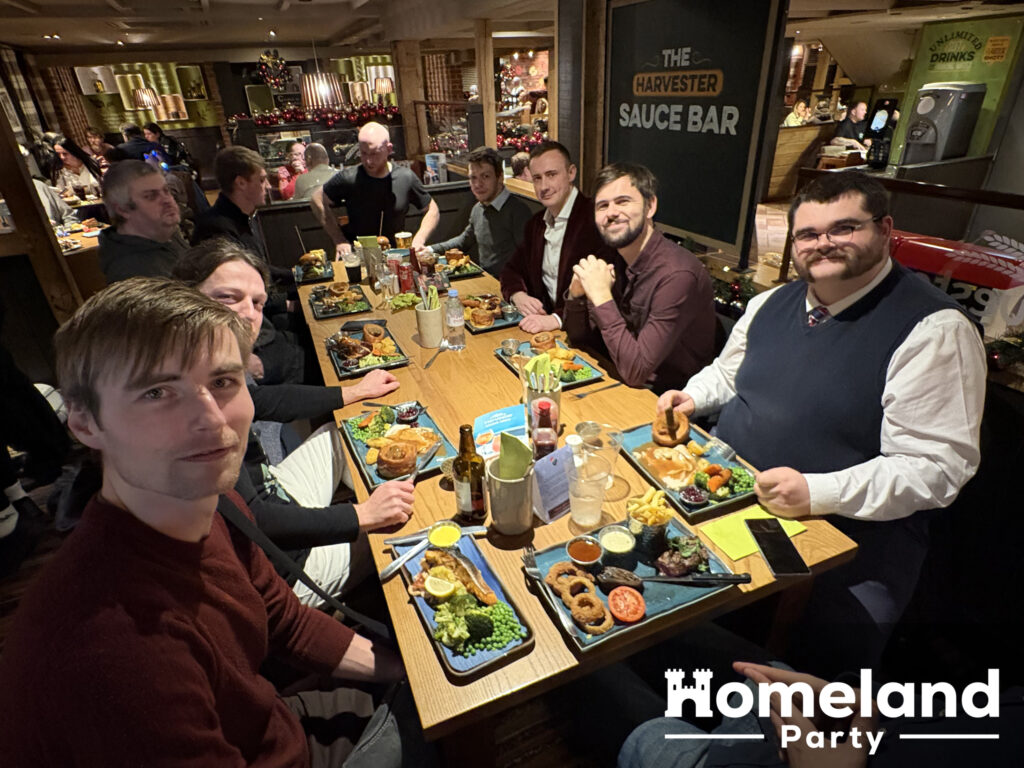Why real diversity begins with rooted cultures, not imported slogans
For decades, we’ve been told that “diversity is our strength.” This slogan is rolled out whenever public unease rises—whether about cultural cohesion, rising crime, or the slow unraveling of traditional ways of life.
But Britain’s truest strength isn’t found in trendy slogans. It’s found in something far older and more enduring: our native diversity. The kind that grows naturally from the land, from history, and from blood ties—not from bureaucratic edicts.
A Nation Formed by Time, Not Ideology
Britain has always been diverse—but in a way shaped by centuries of organic development, not social engineering. From the Celts and Anglo-Saxons to the Norse and Normans, the British Isles were shaped by interaction, struggle, and settlement. That is a history of evolution, not replacement.
Today, “diversity” is often a justification for top-down change—transformation without consent, cohesion, or continuity.
A Rich Indigenous Heritage—Neglected
Britain is home to nine Indigenous languages and countless regional traditions. English, Welsh, Scots, Cornish, and Manx are more than linguistic artefacts—they are living expressions of identity. From Mari Lwyd in Wales to Morris dancing in the English countryside, these customs connect people to place, ancestry, and meaning.
Yet they’re routinely overlooked. State funding rarely supports their revival, and mainstream media gives them token mention, if any. Instead, public celebration focuses on imported traditions.
If diversity is truly a strength, why is there no serious national effort to preserve our own?
The Illusion of Inclusion
What we face today is not a celebration of real diversity but its systematic dilution. Policies are marketed as inclusion, but they often result in replacement, not revival.
The shared threads of kinship, place, and memory are being pulled apart. Identity becomes confused, fragmented, or forgotten. This isn’t evolution—it’s ideological disruption, justified by buzzwords but driven by profit and politics.
Real communities are not interchangeable. Real culture cannot be manufactured.
Rootedness Is Strength
True nationalism is not about exclusion. It’s about belonging. A nation is not just a collection of individuals in a legal zone. It’s a living organism—bound by memory, language, sacrifice, and responsibility.
And when those bonds are broken, the nation suffers.
Regional Discontent: A Symptom, Not a Threat
The rising nationalist sentiment in Scotland, Wales, and the North of England is no accident. It’s a response to centralised neglect. When places like Grangemouth and Port Talbot were allowed to collapse, people noticed. When Scunthorpe got quick support while other regions were ignored, the message was clear: some communities matter more.
But it’s not just economics—it’s about dignity and recognition. And when that disappears, local voices will demand to be heard.
The English Question: Who Speaks for Us?
In England—especially the North—the same sense of abandonment runs deep. Once-proud towns now bear the scars of globalist indifference: shuttered shops, crumbling high streets, and the quiet erosion of identity.
Recent unrest in working-class areas isn’t driven by hate—it’s driven by loss. The loss of voice, of place, of continuity. People aren’t being heard. And they’re right to demand better.
A Nationalism of Belonging
At the Homeland Party, we believe in a rooted, natural nationalism. One that draws from ancestry, place, and shared memory—not from ideology.
We reject the idea that citizenship alone makes someone “of the nation.” True belonging is inherited and cultivated—through kinship, land, and language. It is a lived connection, not an administrative label.
We respect others—but we demand that the English, Scots, Welsh and other native peoples retain the right to exist, to endure, and to flourish.
From Centralisation to Self-Determination
We support meaningful devolution and local representation. Communities must shape their own future—not be ruled by distant decision-makers who neither know nor care for them.
This is not nostalgia. It is political realism. When decisions are made closer to home, people feel heard, valued, and dignified.
That is how a healthy nation endures.
We’re Not Going Backward—We’re Going Home
The answer to Britain’s crisis isn’t to break it apart—or hand it over to faceless global forces. The answer is to return to what made us whole in the first place:
- Shared heritage
- Local traditions
- Enduring bonds between people and place
Stand with Us
- It is not backward to cherish your heritage.
- It is not hateful to protect your community.
- It is not extreme to love your own.
It is simply right.


